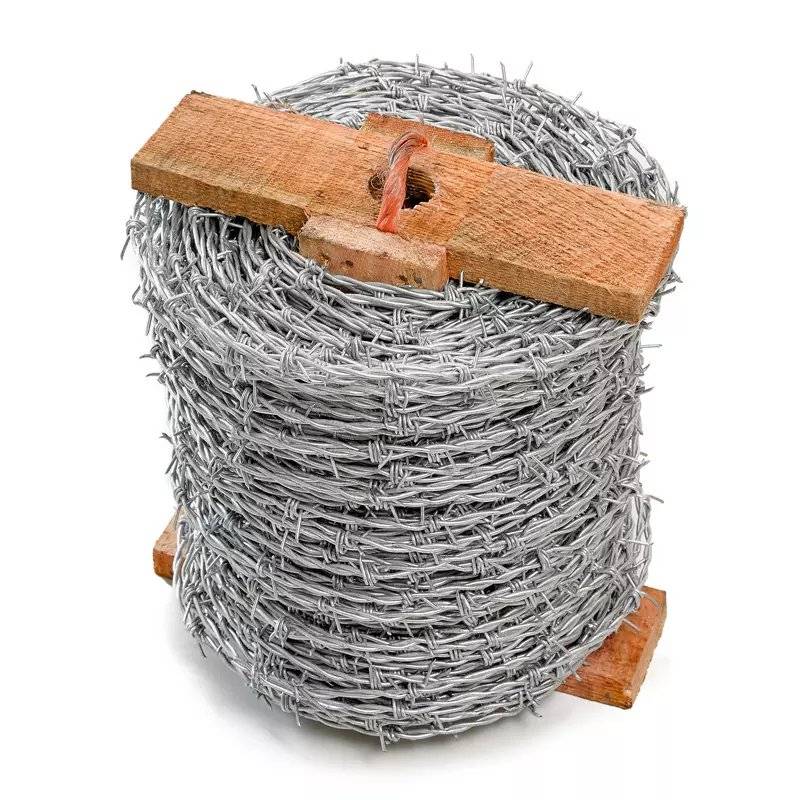nails for treated wood
Choosing the Right Nails for Treated Wood A Comprehensive Guide
When embarking on a woodworking project that involves treated wood, it’s crucial to select the appropriate nails. Treated wood, specifically lumber that has been infused with preservatives to protect it from decay, insects, and moisture, demands special consideration. The chemical treatment process can have implications for the kind of fasteners you should use. This article will delve into the best practices for selecting nails for treated wood, ensuring your project stands the test of time.
Understanding Treated Wood
Treated wood is commonly used for outdoor applications such as decks, fences, and playgrounds due to its enhanced durability. The most common types of treatment involve pressure-treating the wood with chemicals such as alkaline copper quat (ACQ), copper azole (CA), or chromated copper arsenate (CCA). These chemicals help protect the wood from rot and insect infestation, but they can also react adversely with certain types of metal fasteners, potentially leading to rust and failure.
Why Nail Selection Matters
Using the right nails for treated wood is crucial for structural integrity and longevity. Here are several reasons why nail selection matters
1. Corrosion Resistance Treated wood is often corrosive due to the chemicals used, which means that regular steel nails can quickly rust and degrade. Choosing nails with superior corrosion resistance is paramount.
2. Structural Performance Different projects require different types of fasteners. Improper nail selection can lead to poor structural performance, making it essential to choose nails that can handle the load requirements of your project.
3. Durability The lifespan of your woodworking project is heavily influenced by the quality of the fasteners used. Inadequate nails can lead to failure over time, resulting in costly repairs or complete rebuilds.
Best Types of Nails for Treated Wood
1. Hot-Dipped Galvanized Nails These nails are coated with a layer of zinc, making them highly resistant to rust and corrosion. Hot-dipped galvanized nails are a popular choice for treated wood projects, especially for outdoor constructions that are exposed to the elements.
nails for treated wood

2. Stainless Steel Nails For the ultimate in corrosion resistance, stainless steel nails are often recommended. They offer superior durability and are ideal for marine environments or locations with high moisture content. However, they can be more expensive than other options.
3. Coated Decking Screws These specialized fasteners are designed for use in decking and are treated with a coating that provides corrosion resistance. They often have a specific design that helps them grip the wood better, reducing the chance of loosening or failure.
4. Aluminum Nails Though not as common, aluminum nails can be used in some treated wood applications. They are lightweight and resistant to corrosion but may not provide the strength needed for structural projects.
Additional Tips for Using Nails with Treated Wood
1. Pre-Drill Holes In some cases, especially with hardwoods or thick pieces of treated wood, pre-drilling holes can prevent splitting and help ensure the nails are driven straight.
2. Consider Length and Gauge The thickness and length of the nails should be chosen based on the specific project. Generally, longer and thicker nails provide greater holding power but should be matched to the wood thickness.
3. Follow Manufacturer Recommendations When purchasing treated wood, consult the manufacturer's guidelines regarding fasteners. They often provide recommendations on the best types of nails or screws to use, considering the specific treatment process of the wood.
4. Don’t Mix Metals It’s essential to avoid mixing different types of metals in your fasteners, as this can lead to galvanic corrosion, which degrades the metals over time.
Conclusion
Choosing the right nails for treated wood is essential for the success and longevity of your woodworking project. By selecting fasteners that offer corrosion resistance and structural integrity, you can ensure that your project withstands the test of time, providing safety and functionality for years to come. Whether you opt for hot-dipped galvanized nails, stainless steel alternatives, or coated decking screws, always prioritize quality and compatibility with the treated wood you are using. With careful consideration in nail selection, your next project can be both durable and long-lasting.
-
Innovations in Razor Barbed Wire Design TechnologyNewsAug.11,2025
-
Roofing Nail Compatibility with Different Metal Roof TypesNewsAug.11,2025
-
Welded Wire Mesh for Rockfall Protection BarriersNewsAug.11,2025
-
Galvanized Wire Corrosion Resistance TestingNewsAug.11,2025
-
3D Fence Solutions Preventing Bird CollisionsNewsAug.11,2025
-
Using Chain Link Fence for Urban Garden SupportNewsAug.11,2025




